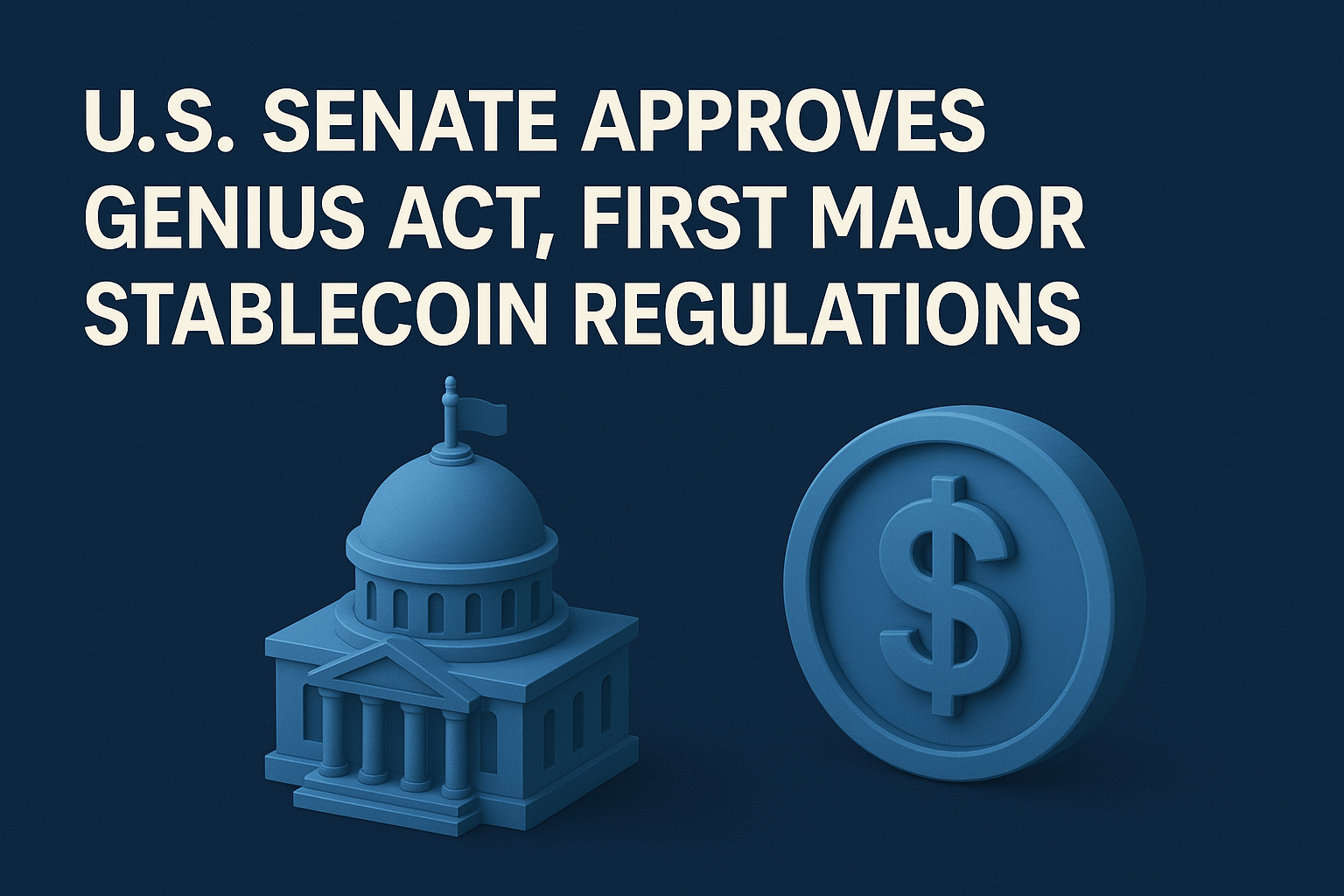Paraguayan authorities successfully thwarted an attempted theft at a crypto mining facility located near the Itaipu hydroelectric dam, leading to the arrest of one suspect and the deportation of three foreign nationals. On May 15, prosecutor Irene Rolón confirmed that four individuals breached a restricted area of Teratech SA’s mining site in Coronel Bogado.
The group was intercepted shortly after breaking into the secured section, prompting swift action from local police. Three of the suspects, identified as Chinese nationals Jinping Duan, Tian Jianyun, and Zheng Guanglong, were deported due to a lack of official entry records. Investigators suspect that the trio may have entered Paraguay illegally through Brazil or Bolivia.
The fourth suspect, Paraguayan national Nahun María Velázquez Garcete, has been charged with aggravated theft and is currently in pretrial detention. He was hospitalized in critical condition, though the nature of his injuries remains undisclosed.
Authorities believe that the suspects may have previously worked as independent contractors for Teratech, but confirmation is pending a statement from the company’s CEO. Prosecutor Rolón also noted that the undocumented individuals claimed to be programmers, raising questions about their activities in the region.
The attempted heist highlights ongoing security concerns near Paraguay’s energy-dense regions, particularly around the Itaipu dam. The facility, one of the largest hydroelectric projects globally, has become a prime target for crypto miners due to its abundant and inexpensive power.
Bitcoin Mining’s Sustainable Energy Usage Hits 52% Amid Shifting Energy Mix
In a separate development, a new study from Cambridge University revealed that sustainable energy now powers 52.4% of Bitcoin mining, a substantial increase from 37.6% in 2022. The report found that renewable sources, such as wind and hydropower, account for 42.6% of the sustainable energy used, while nuclear power contributes 9.8%.
Notably, natural gas has surpassed coal as the largest energy source for Bitcoin mining, with its share rising to 38.2% compared to 25% in 2022. Meanwhile, coal’s share has plunged from 36.6% to 8.9%, reflecting a broader shift toward cleaner energy.
The United States continues to lead in global Bitcoin mining, benefiting from low electricity costs and abundant capital. President Donald Trump’s initial pro-crypto stance further fueled optimism for mining expansion, though regulatory scrutiny remains a significant challenge.










